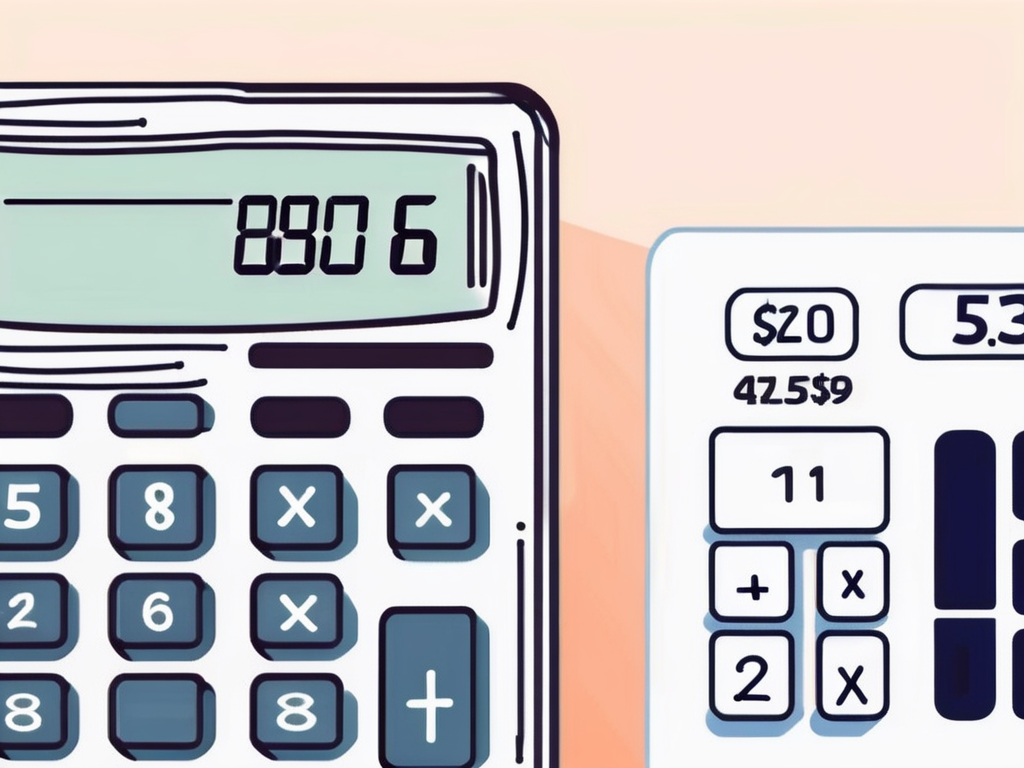Welcome, brave entrepreneurs and small business owners! You’ve stumbled upon the treasure trove of tax knowledge, the holy grail of financial wisdom, the…well, you get the idea. Let’s dive into the thrilling world of tax deductions, shall we?
Now, before you run screaming for the hills, remember that tax deductions are like the superheroes of the small business world. They swoop in to save the day (and your hard-earned cash) from the clutches of the taxman. So, buckle up and get ready for a wild ride through the land of tax deductions, guided by your trusty Small Business CPA.
Understanding Tax Deductions
Let’s start with the basics. What is a tax deduction, you ask? Well, imagine you’re at a fancy restaurant. You order a lavish meal, but when the bill arrives, you find that the cost of your appetizer has been deducted. That’s a tax deduction – a reduction in your taxable income, making your tax bill a little less scary. And who doesn’t love a less scary tax bill?
Now, not everything can be deducted. The IRS isn’t that generous. But there are a lot of expenses that can be, and we’ll get to those soon. But first, let’s talk about why tax deductions are so important for small businesses.
The Importance of Tax Deductions
Why should you care about tax deductions? Well, besides the fact that they can save you money (which should be reason enough), they can also help your business grow. By reducing your taxable income, you have more money to invest back into your business. Think of it as a financial growth hormone for your business.
Plus, understanding tax deductions can make you feel like a financial wizard. And who doesn’t want to feel like a wizard?
Types of Tax Deductions
There are two main types of tax deductions: standard and itemized. Standard deductions are like the one-size-fits-all t-shirt of tax deductions. They’re a fixed amount that you can deduct from your taxable income, no questions asked. Itemized deductions, on the other hand, are like a tailor-made suit. They’re specific to your expenses and require a bit more work to calculate, but they can potentially save you more money.
Choosing between standard and itemized deductions is like choosing between a safe bet and a high-stakes gamble. It all depends on your specific situation and your tolerance for paperwork.
Common Tax Deductions for Small Businesses
Now that we’ve covered the basics, let’s get to the good stuff: the deductions. There are a ton of potential deductions for small businesses, so we’ll just cover some of the most common ones here. Remember, a good CPA will help you navigate these deductions and find the ones that apply to your business.

So, without further ado, let’s dive into the treasure chest of tax deductions!
Home Office Deduction
If your home is your castle and your office, you’re in luck! The home office deduction allows you to deduct a portion of your home expenses (like rent or mortgage interest, utilities, and repairs) for the part of your home used exclusively for business. So, if your office takes up 10% of your home, you can deduct 10% of these expenses. It’s like getting a discount on your rent for being a hard-working entrepreneur!
But be careful, the IRS is pretty strict about what counts as a home office. It has to be a separate space used exclusively for business. So, if your “office” is your kitchen table where you also eat dinner and play board games, it won’t count.
Vehicle Expenses
If you use your car for business purposes, you can deduct a portion of your vehicle expenses. This can include gas, repairs, insurance, and even depreciation. You can either track all your actual expenses or use the standard mileage rate provided by the IRS. Just remember to keep good records. The IRS might not take your word for it if you claim to drive 100,000 miles for business each year.
And no, driving to and from work doesn’t count as a business expense. Nice try, though.
Working with a Small Business CPA
Now, you might be thinking, “This is all great, but it sounds like a lot of work.” And you’re right. But that’s where a Small Business CPA comes in. They’re like your tax sidekick, helping you navigate the complex world of tax deductions and saving you time and money.
So, what can a Small Business CPA do for you? Let’s find out.
Identifying Deductions
A good CPA will help you identify all the deductions that apply to your business. They’ll dig through your expenses with a fine-tooth comb, looking for potential deductions. It’s like having a personal treasure hunter, searching for hidden gems in your financial records.
Plus, a CPA can help you plan for future deductions. They can advise you on business decisions that could lead to more deductions down the line. It’s like having a financial crystal ball.
Filing Your Taxes
Once you’ve identified all your deductions, a CPA can help you file your taxes. They’ll make sure you’re following all the rules and regulations, and they’ll help you avoid any potential penalties or audits. It’s like having a personal tax bodyguard, protecting you from the IRS.
Plus, a CPA can save you a lot of time. Instead of spending hours (or days) trying to figure out your taxes, you can focus on what you do best: running your business.
Conclusion
So, there you have it, folks. The thrilling world of tax deductions, explained. Remember, tax deductions are your friends. They can save you money, help your business grow, and make you feel like a financial wizard. And with a good Small Business CPA by your side, you can navigate the tax seas with confidence.
So, go forth, brave entrepreneurs. Conquer the tax world, one deduction at a time!

